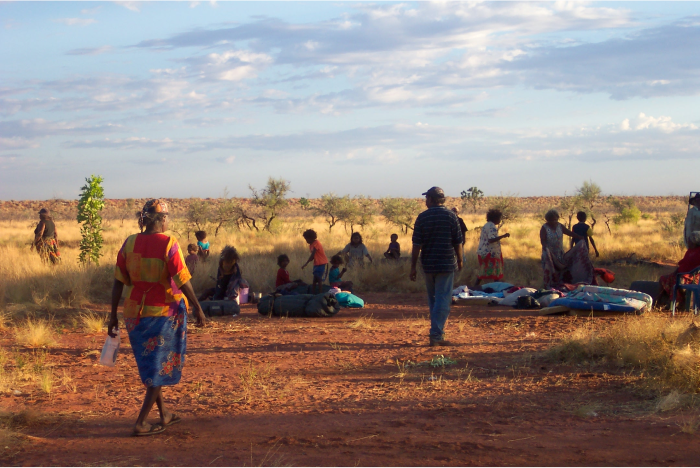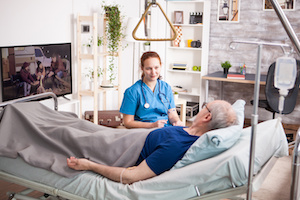Exceptional care
Research that advances care for all, especially vulnerable groups.
Advancing excellent healthcare
Notre Dame undertakes world-leading research in medical and health sciences that addresses the primary health priorities of our communities. We deliver advances in healthcare in areas such as mobility disorders, cardiology, neurology, pain management, psychiatry, gynaecological cancer, cancer survivorship, exercise as medicine, aged care, and end of life care. Our collaborative research teams of university academics and healthcare providers drive translational and impactful research. As a university that has focused on the training of health professionals in medicine, nursing, and allied health for over thirty years, we have developed a strong network of clinicians and health service providers focused on addressing real world issues that impact patients. With links to public and private healthcare services across Australia, our researchers have significant opportunities to collaborate with health professionals to deliver transformative outcomes.
Care for all, especially vulnerable groups
Our commitment to inclusive health fundamentally shapes our research at Notre Dame. Using a whole-of community approach, we prioritise research that advances healthcare for vulnerable groups, for example, research programs in palliative care, disability healthcare and healthcare for those experiencing homelessness. We have longstanding partnerships with community organisations that support vulnerable populations within local and wider urban communities, extending into rural and remote regions across Australia.
Grounded in the dignity of the human person
As a Catholic university, our commitment to research that delivers exceptional care for others is underpinned by our non-negotiable commitment to the dignity of every human person. Our researchers explore ways to sustain human dignity across the full spectrum of research. This includes a commitment to improving the social determinants of health and the wellbeing of a community, not solely its individual members.
Exceptional care research projects

Homeless healthcare
Enormous life expectancy and health gaps exist for people experiencing homelessness, but these can be prevented. The drive to reduce health inequalities lies at the heart of our Home2Health research team. Working closely with health and homelessness services at the coalface, and critically, with those with a lived experience of homelessness, Home2Health is host to a growing program of research, evaluation, and evidence informed advocacy policy work around homelessness, in WA, nationally and internationally.

Closing the gap
Funded by the Commonwealth Department of Health and partnering with 10 universities and health services across Australia, Notre Dame is the host of a major research project aimed at ensuring Aboriginal women living in remote regions can access culturally appropriate, cervical cancer screening services. The project aims to improve the timeliness of diagnosis and treatment and reduce the need for Aboriginal women to leave their communities for care.

Palliative care
Notre Dame is leading a major project funded by the Australian Government Department of Health’s National Palliative Care Projects. Bringing together researchers from universities and health and palliative care providers, it aims to improve screening for and care of patients with depressions, anxiety, and demoralisation in a palliative context. Collaborators include Flinders University, St Vincent’s Hospital Sydney, Cabrini Health, Eastern Palliative Care, and Monash Health.

Heart health
Our researchers have created the world’s largest echocardiogram database linked to the national death record which is being used to challenge current clinical practice in the management of patients with complex heart disease. Their research is contributing to the development of new AI technologies that could lead to improved access to cardiac healthcare in rural and remote areas.

Disability
Part of an NHMRC funded project, we are conducting research aimed at reducing potentially preventable hospitalisations and building health literacy for children and adolescents with intellectual disability. Notre Dame has also developed a free health literacy guide to help caregivers better understand the healthcare needs of people living with intellectual disability, supported by a WA Department of Health Research Translation Project grant.
Discover our themes
Explore the rest of our themes which shape the way we do research

Connect with Notre Dame on Social Media
Australia
Fremantle
Broome
Sydney